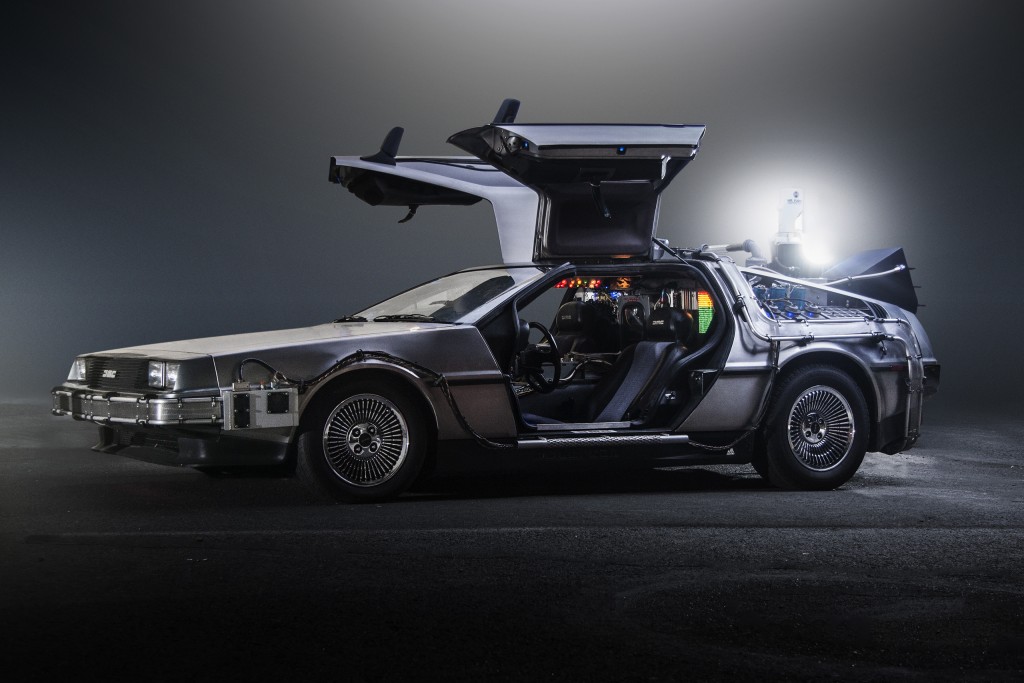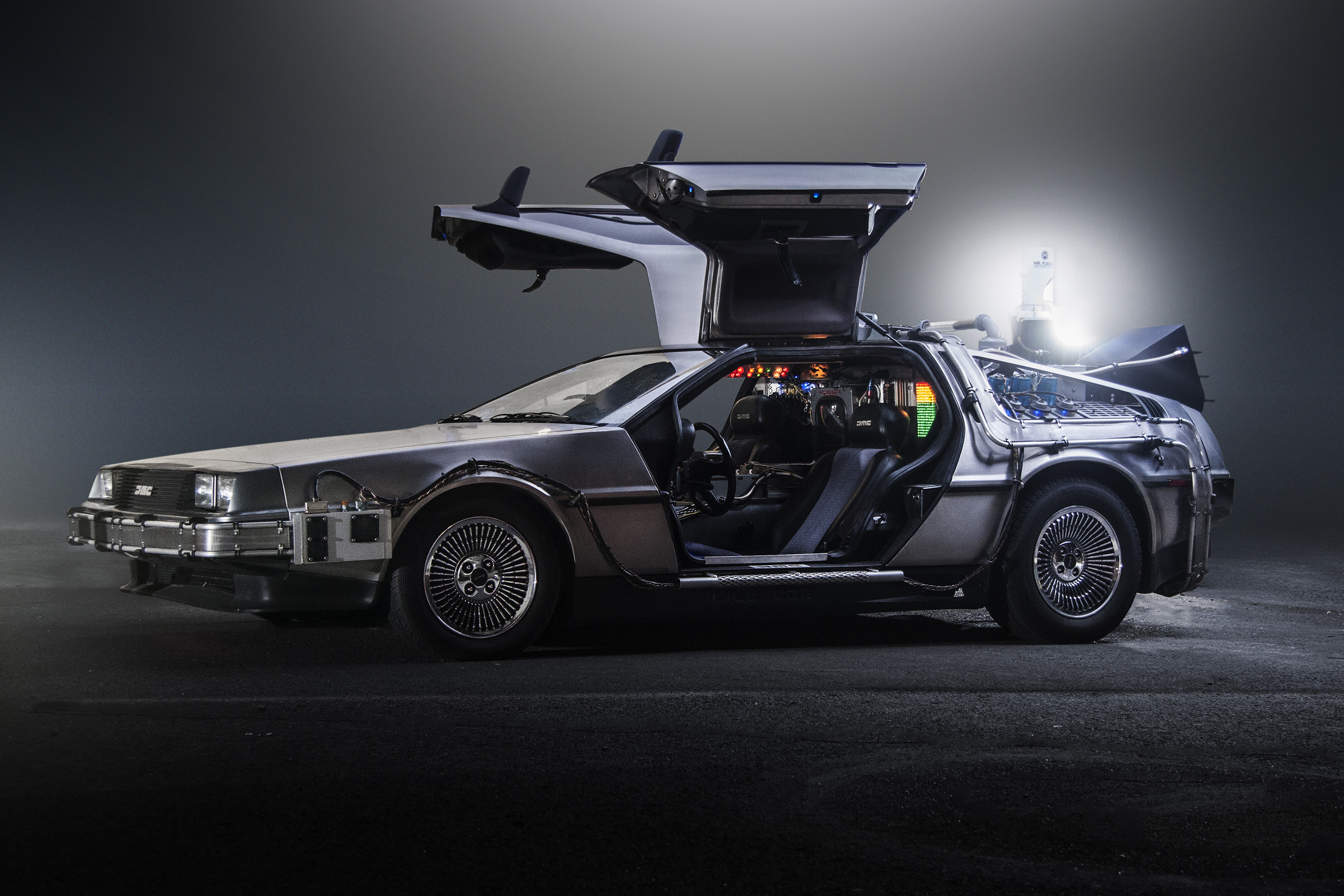
Wednesday, October 21 was a pop culture milestone: it was Back to the Future Day. For those of you who don’t know what that means, it’s the day that Marty McFly, the lead character of the time travel instant classic, Back to the Future II, arrives in “the future.” Of course, Back to the Future Day has become something of a joke, with several internet hoaxes using Photoshop to alter the date shown on the DeLorean’s dashboard, and making claims that the big day had arrived. But this time, it really is the day, and it’s … well to be frank, it’s a little lacklustre.
Part of the appeal in any time travel based sci-fi flick is the expression, the imagination, and the creativity that the filmmakers put into crafting their vision of humanity’s future; from the dystopian settings of Blade Runner and Terminator, to the more optimistic, sleek aesthetic of Star Trek. The future is something that we can all look forward to. But Back to the Future II, released in the bygone era of 1989, set the bar way too high for the year 2015. Think about it; we don’t have hover boards like the ones in the film, or Jaws 19 (yet). We’re definitely lacking in those departments.
Although we’re close, 2015 hasn’t seen fit to make automatically resizing, self-lacing shoes available to the public yet (although Nike has created a pair that lace up at least, but they won’t be availble until 2016), which will be so much easier than the ridiculous waste of energy that is the chore of lacing up your shoes — who has the time or energy to tie up their shoes? And before you get all smarty-pants on me, Velcro doesn’t count, because you still have to do the fastening yourself. Get to it, science! And while you’re at it, get fashion to make double-ties a trend!
All jokes aside, Back to the Future II suffers from the same sort of issues that other films using time travel as a plot device have struggled with. Namely, if you place the “future” setting too far forward, it becomes far too different from the present day for it to be relatable. Or alternatively, if the “future” is placed too close, the film veers towards naively optimistic in regards to human ingenuity, or it becomes too negative a depiction. The truth is (and this especially applies to Back to the Future II), this medium of film is a hit-and-miss predictor. We don’t have flying cars, but we do have flat-screen televisions, our printers are better than the ones in the movie, and the Chicago Cubs even made it to the playoffs (although they probably won’t go any further).
So what do you think? Did 2015 live up to the hype that Back to the Future II gave it? Have we flopped, failing to meet the expectations of a more hopeful past? It’s easy to see both sides of the argument here. In any case, we’re driving off into the uncharted waters of an uncertain future now and we’d best not rush it, because, in the immortal words of Christopher Lloyd’s Dr. Emmet Brown: “When this baby hits 88 miles per hour, you’re going to see some serious shit.”


